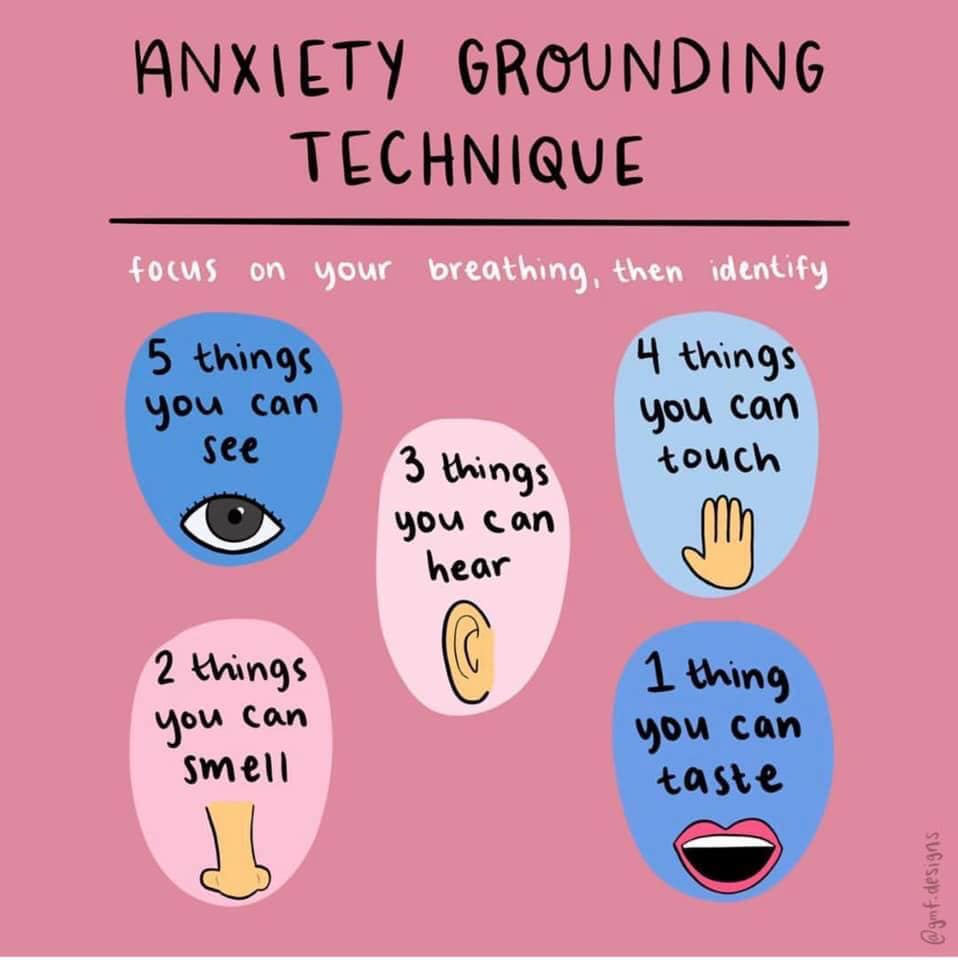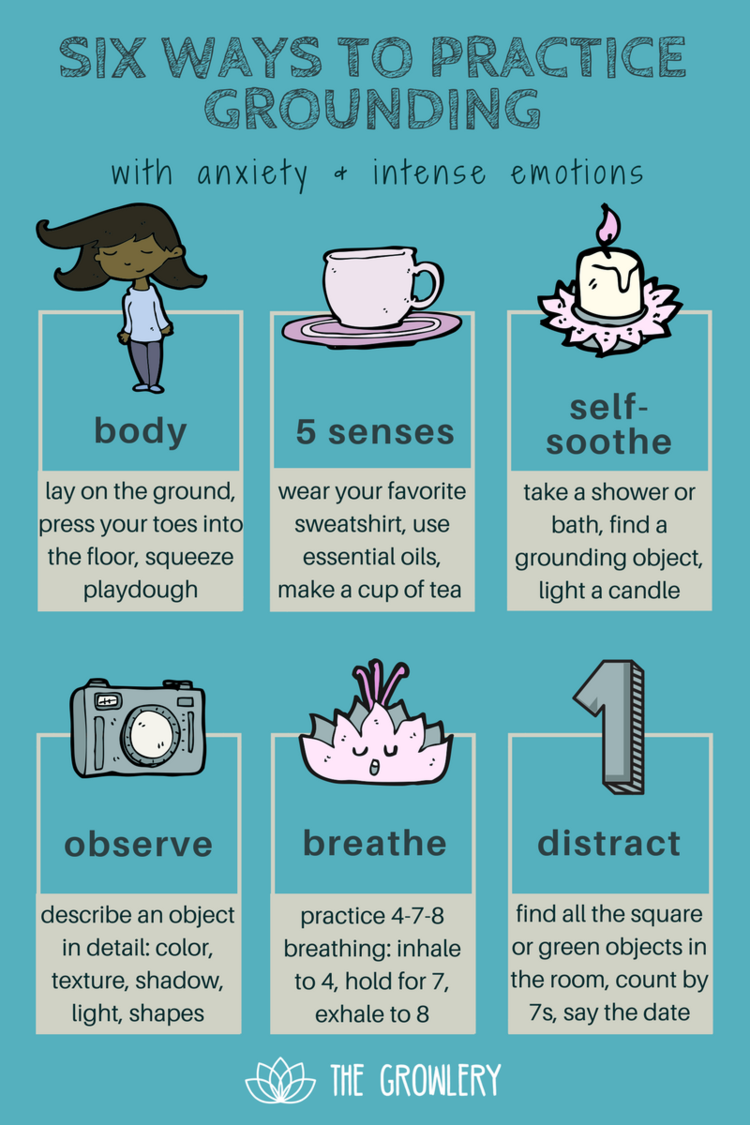Lockdown is rough on people. Ya wanna blame someone. It sucks.
Let& #39;s talk about how to manage the next two weeks.
Let& #39;s talk about how to manage the next two weeks.
1. Decide who will do household errands. One person. That person does grocery shopping and gets medication. That person has a routine. It involves a clean mask every time they go out, taking the mask off when they get home and not letting it contaminate anything else.
2. Take care of as much of your banking as possible in one visit (per institution). Loan payments, deposits, bill payments, etc. Do what you can online. Get enough cash for the next few weeks. Use your card as much as possible to avoid exchanging money.
3. Let people know you& #39;re abiding by the lockdown stipulations and not mixing households. Put it in your status. Tell your closest friends and family members. Save them the trip to your house and awkwardness of leaving their ass outside because WE SHOULD NOT MIX HOUSEHOLDS.
4. Make a plan for working from home (if this is an option for you). Designate a space, preferably outside of your bedroom. A work zone. The rest of the house is for everything else. It will help trigger your brain for work or non-work activities when you are in different areas.
5. If you usually take care of household needs and functions and there is another adult in the house, have the conversation with them nooowww about sharing the workload. Even if you think you can handle it now, make the plan. Have that talk. Do not plan to do it all.
6. Make note of emergency numbers. Put the list of mental health hotlines on your desk, fridge, bathroom mirror... Wherever you need it.
819-7652
816-3799
812-0576
815-5850
819-7652
816-3799
812-0576
815-5850
7. Create a space for relaxation. A corner of your room, a chair in the living rm, a tree in your backyard, the bathtub... Pick a spot. Have a place you can go when you need a break. Pack a break bag. Headphones, coloring book, novel, notebook, snacks, candle, tarot... Whatever.
8. Set a time to check in w/ yourself every day. Have a set of questions you can ask to let you know how you& #39;re doing, what changes you need to make, or the support you need.
1. Is there tension in my body?
2. Am I getting through my to-do list?
3. How am I engaging other people?
1. Is there tension in my body?
2. Am I getting through my to-do list?
3. How am I engaging other people?
9. You may want to have a different set of questions for when you feel like garbage.
1. Am I hungry?
2. Did I get fresh air today?
3. What is frustrating me right now?
4. Who/What do I miss?
5. How can I push the rest button?
1. Am I hungry?
2. Did I get fresh air today?
3. What is frustrating me right now?
4. Who/What do I miss?
5. How can I push the rest button?
10. Have a plan for when you need to talk. Choose five people. Ask them ahead of time if they are willing and able to take your ranty/crying/screaming/silent phone calls. It is very helpful to know someone will get it if you call and say, "I just wanna rant for 5 minutes."
11. If you still need to grocery shop, it is prob gonna suck, but meal plan first. Think abt what you wanna eat. Try to choose things that can be used to make other meals later and don& #39;t requires lots of fresh ingredients so you& #39;re not stuck with spoiling stuff or shopping often.
Make freezable meals. It will save you a lot of time and spare you some stress.
12. If you& #39;re unable to work + short on cash, take the time to apply for the assistance that& #39;s available. Fill out those NIB forms. Find out who is helping with food in your area. If you have *some* money, work on a budget. Figure out what you can cut and what is 100% necessary.
These things are annoying to do, especially under pressure, but worth the effort. It will save you a lot of calculations, confusion, and unexpected drama later.
13. Make time to go outside.
Every
single
day.
Even if it& #39;s just 15 minutes. Get some sun on your skin. Breathe in some fresh air. It makes a difference.
Every
single
day.
Even if it& #39;s just 15 minutes. Get some sun on your skin. Breathe in some fresh air. It makes a difference.
14. Find the line btwn keeping informed and obsessing over news and commentary. If it feels helpful, set a time to check the news and leave it alone for the rest of the day. Any big changes will be in the morning and evening news, so pick one. You won& #39;t miss anything important.
15. Don& #39;t mind these people. Do what you know you gotta do to keep yourself safe and in good health. No visitors. No parties. No shaming about coping strategies. Design the next two weeks the way YOU need them to be. Let the rest of them do it their way.
16. Think about when you might need to help and who you can ask. Ask them ahead of time if you can. Everyone is dealing with constant changes and, with less ability to move around, even more packed schedules. Get in there early.
17. Find the right balance of routine and flexibility for you. Play with the mix until you get it right. Try a fully structured day, and then slot in more and more space for flexibility, or start with completely open days and add bits of structure.
You prefer a completely structured day because you leave things undone if it& #39;s too flexible. You may need 3-4 hours of structure. Cleaning, cooking, sleeping, working, exercising, tv shows, gardening... Where do they fit in? What kinds of to-do lists or task mgmt tools work?
18. Get a buddy. If you& #39;re working on something in particular -- and it doesn& #39;t have to be work work -- it may help to have some1 to check-in w/ or have video call working sessions. Finishing a project, being better at rest, reading more, trying new recipes... Better w/ a buddy.
19. Try not to make time more important than it actually is. Find yourself waking up two hours later than usual? It doesn& #39;t impact anything except your idea of normal? Let it go. Sleep may be disrupted. Schedules are off. Unless you have somewhere to be, don& #39;t worry about it.
20. If you are unable to pay your BPL bill, call 225-5275 or 323-5561 to speak to a customer service agent about payment arrangements. Call other utility companies and creditors to do the same. Most, if not all, should be willing and able to work with you.
21. Video calls are exhausting. You do not have to make every call a video call. Tell people you& #39;re not doing video today/this week/this month/ever. If it& #39;s easier, tell them your camera doesn& #39;t work. Put a sticky note over it and turn it on to prove it doesn& #39;t work. Whatever.
22. To get information about assistance from Social Services, call 397-8628.
23. Know how to recognize a panic attack and how to deal with it. Signs include chill or hot flashes, agitation, chest pains, shallow breathing or hyperventilation, rapid heart rate, sweating, and nausea.
Practice slow, deep breathing. GIFs or videos like this one can help. Save it on your devices if possible. You can find it by searching "breathing GIF" in Google Images.
If you are experiencing anxiety, use grounding techniques to shift your focus. Some examples:
a) Put your hands in water. Focus on the temperature and how it feels on your palms, fingertips, and backs of your hands. Change from warm to cool water.
a) Put your hands in water. Focus on the temperature and how it feels on your palms, fingertips, and backs of your hands. Change from warm to cool water.
b) Pick up items nearby. How do they feel? Are they heavy or light? Warm or cool? Sharp or smooth? Hard or soft? What do they look like? Note the color, shape, and size. It can help to say this aloud, as if describing it to someone else.
c) 5-4-3-2-1. Name five things you can see, four things you can touch, three things you can hear, two things you can smell, one thing you can taste.
d) Play concentration. Name as many things in a category (like colors, street names, rap artists, countries, schools, and books).
d) Play concentration. Name as many things in a category (like colors, street names, rap artists, countries, schools, and books).

 Read on Twitter
Read on Twitter



